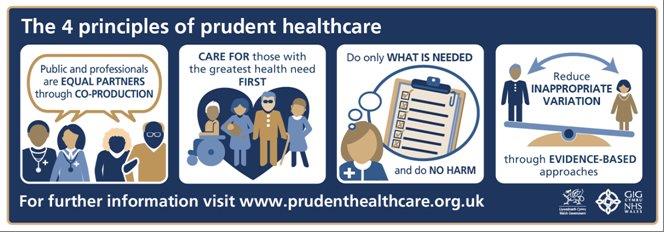Value-based healthcare - a panacea or a pipedream?
Value-based healthcare - a panacea or a pipedream? There is growing momentum globally around the theory of value-based healthcare and its contribution to developing better and more sustainable healthcare systems around the world. Described by Professors Porter and Teisberg from Harvard Business School, it has been billed in the US as the theory to save healthcare from the excesses of 'fee for service' in insurance-based funding systems, but can it really achieve its aims of better outcomes at lower cost and can it be effectively translated to other systems around the world? Overall I am a fan of looking at healthcare through this lens but there are complications with its application and delivery which it is important to point out. The theory is comprised of six pillars : 1. Outcome measurement - outcome measurement that matters to patients. Here the work of the International Consortium for Healthcare Outcomes Measurement ( ICHOM ) is a useful reference. 2. Cost measur...

